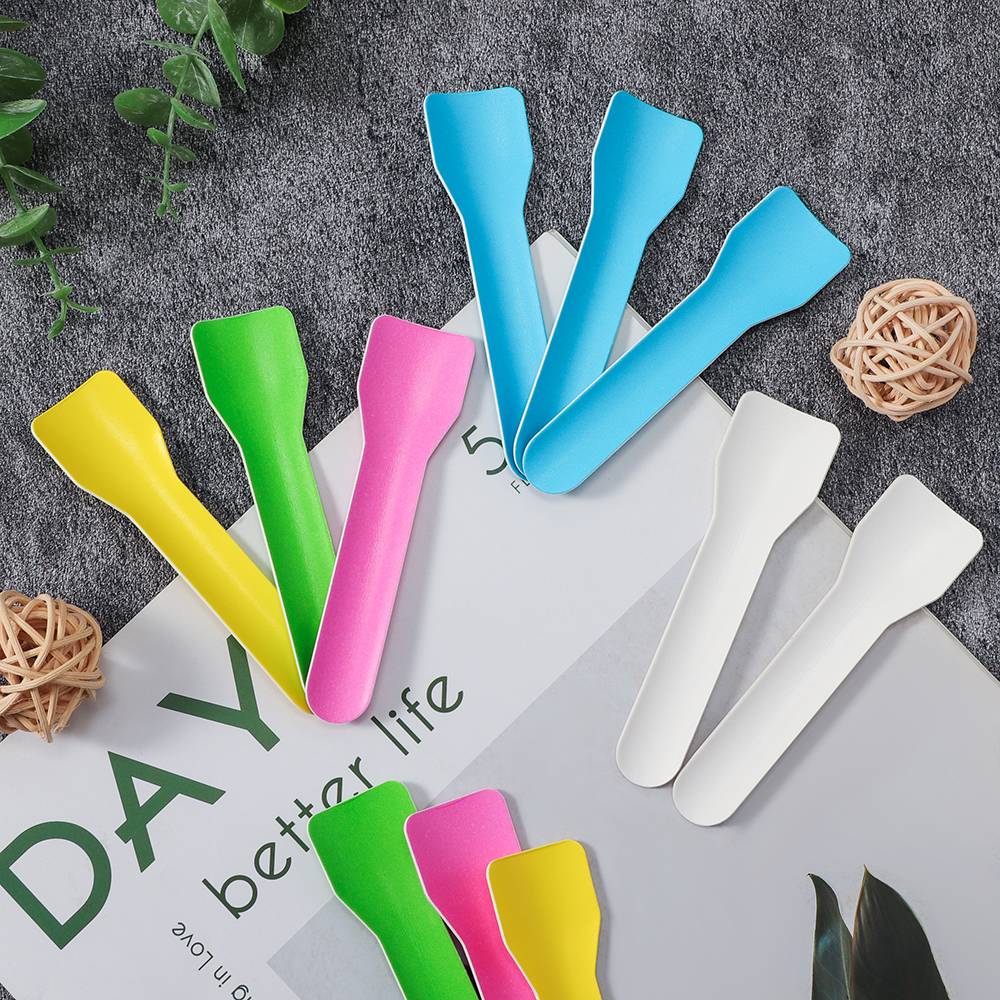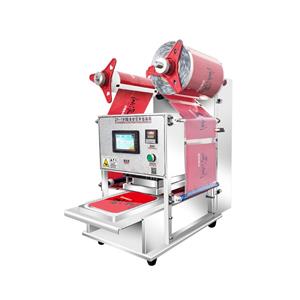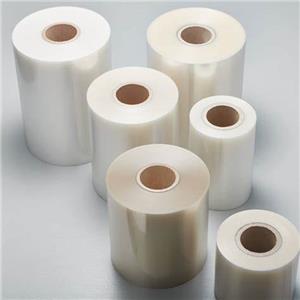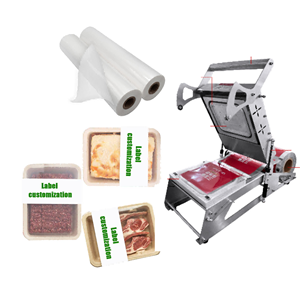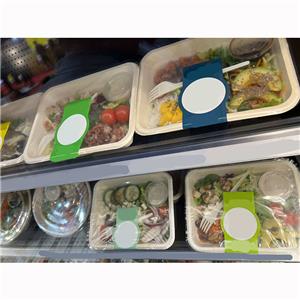What is the best material for disposable cutlery?
What is the best material for disposable cutlery?
The optimal material for disposable tableware depends on multiple factors, including sustainability, environmental friendliness, price, and usage. Here are some common disposable tableware materials and their advantages and disadvantages:
Biodegradable plastics (PLA): PLA is a plastic substitute made from renewable resources such as plant starch or corn, which degrades relatively quickly in the environment. PLA tableware is usually biodegradable and has minimal impact on the environment.
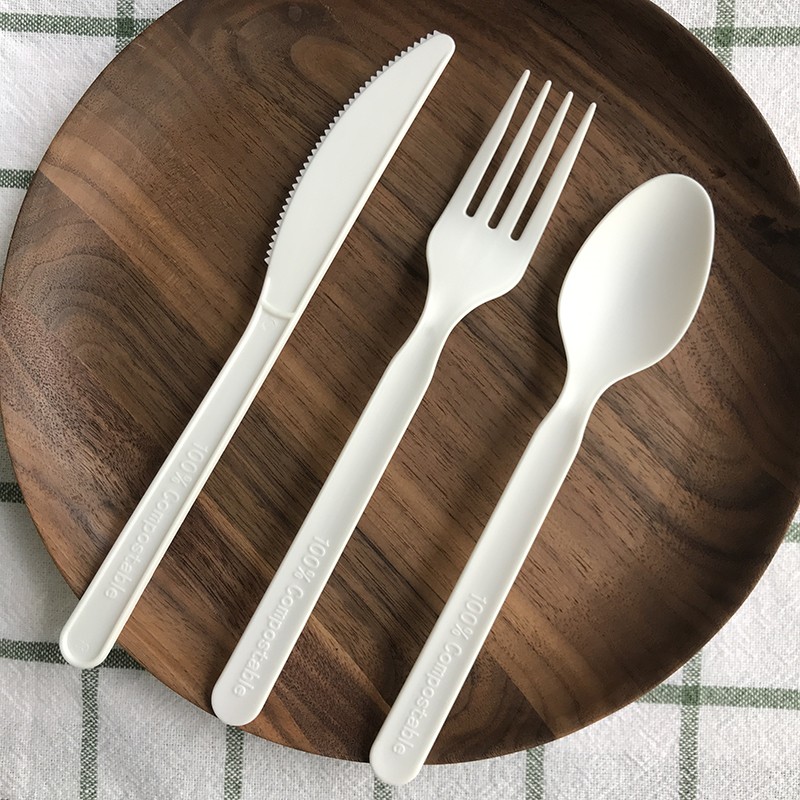
Paper products: Paper disposable tableware is usually biodegradable and relatively inexpensive. They are suitable for many purposes, from paper trays to paper cups and paper chopsticks.
Biodegradable plastics: In addition to PLA, there are other types of biodegradable plastics, such as starch plastics and polylactic acid (PLA). They can also be used as environmentally friendly disposable tableware options.
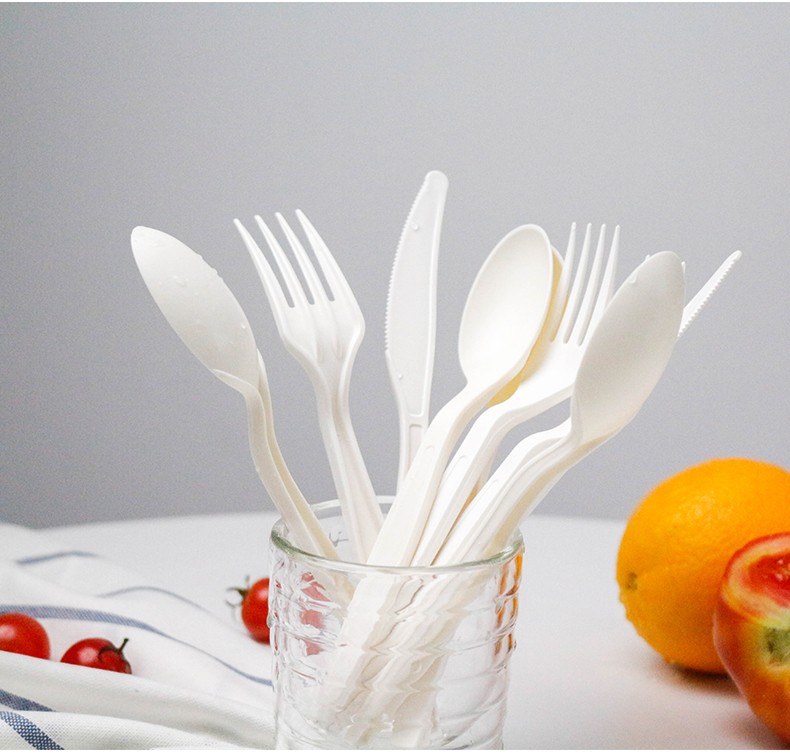
Bamboo products: Bamboo tableware is a sustainable choice as bamboo is a rapidly growing natural resource. Bamboo chopsticks and tableware are very popular in some Asian countries.
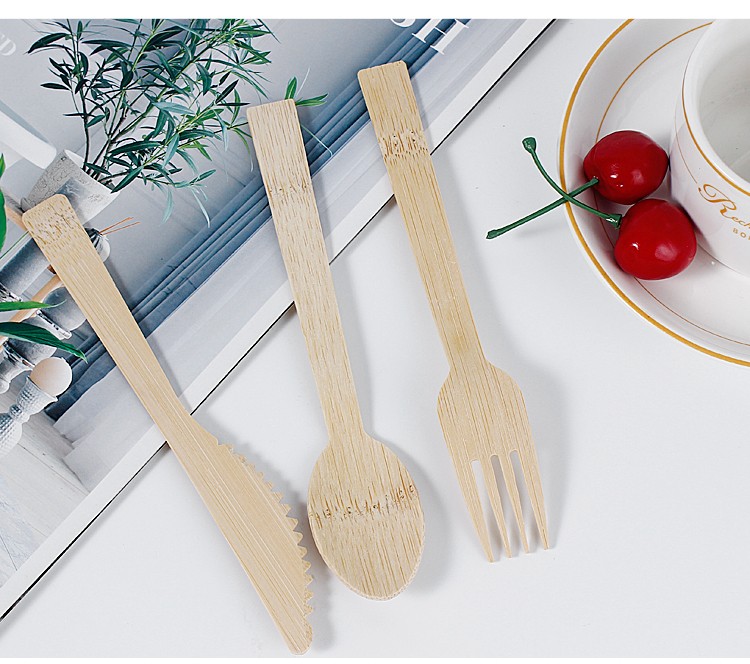
Recyclable plastic: Some disposable tableware is made of recyclable plastic, but this depends on the availability of recycling infrastructure.
Sugarcane bagasse: Sugarcane bagasse knives, forks, and spoons are environmentally friendly disposable tableware, usually made from sugarcane bagasse (also known as bagasse fiber).

Sugarcane bagasse knives, forks, and spoons are environmentally friendly disposable tableware, usually made from sugarcane bagasse (also known as bagasse fiber). These knives, forks, and spoons have the following characteristics:
Environmental protection: Bagasse knives, forks, and spoons are sustainable choices as they use waste from sugarcane production as raw materials, reducing resource waste. This helps to reduce the demand for deforestation and non renewable resources.
Degradable: These tableware are usually biodegradable, which means they can decompose under appropriate environmental conditions, reducing the burden on the environment. Bagasse knives, forks, and spoons usually decompose faster under suitable conditions of humidity and temperature.
Heat and cold resistance: They are suitable for food and beverages at various temperatures and have a certain degree of heat and cold resistance.
Harmless chemicals: Bagasse knives, forks, and spoons usually do not contain harmful chemicals such as bisphenol A (BPA).
It is important to note that while the material of disposable tableware is important, there are other factors to consider, such as the production process, packaging and disposal of the product. The best thing to do is to choose disposable tableware that is biodegradable, recyclable and sustainable to reduce your impact on the environment. In addition, reducing the use of disposable tableware and encouraging sustainable tableware options such as reusable tableware are also important steps to reduce waste and plastic pollution.

